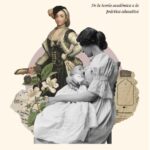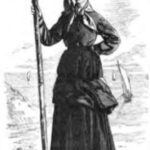The role of Jewish women and men in European societies has undergone profound changes over the last two centuries. Their gradual equality of rights with non-Jews—in addition to the process of secularization and assimilation, anti-Semitism, and internal reforms of Judaism—had a different impact on women and men, and transformed Jewish representations of femininity and masculinity. The renewed value ascribed to women as “guardians of tradition” during the nineteenth century was a change that paradoxically enabled them to take on new roles as educators, leaders of Jewish organizations, and sometimes as officers. A major revolution came with their access to secular education, which was particularly early, and also to religious education somewhat later. The profound reorganization of Jewish collective institutions after the Holocaust led to renewed religious polarization opposing the “Orthodox,” who were often in the majority, and “liberals” with respect to women’s participation in the synagogue and the study of religious texts.
Collection: Images, Texts
Project: 10. Churches and religions in Europe.
Chronology: 19th-21st century
Scope: Secondary Education, Higher Education
Resource type: Article
Format: Images|Texts
Source: Encyclopédie d'histoire numérique de l'Europe
Language: English and French
Date: 19th-21st century
Owner: Filippo Galletti (Modernalia)
Copyright: EHNE
Abstract: Article by Béatrice de Gasquet published in the Encyclopédie d'histoire numérique de l'Europe (2022)
Tags





